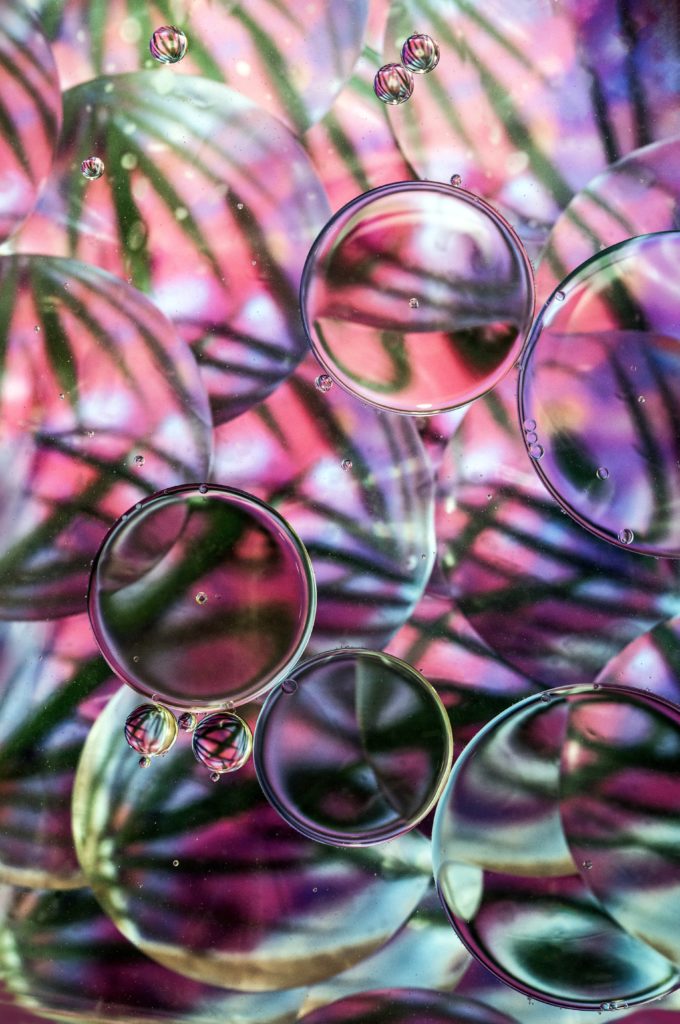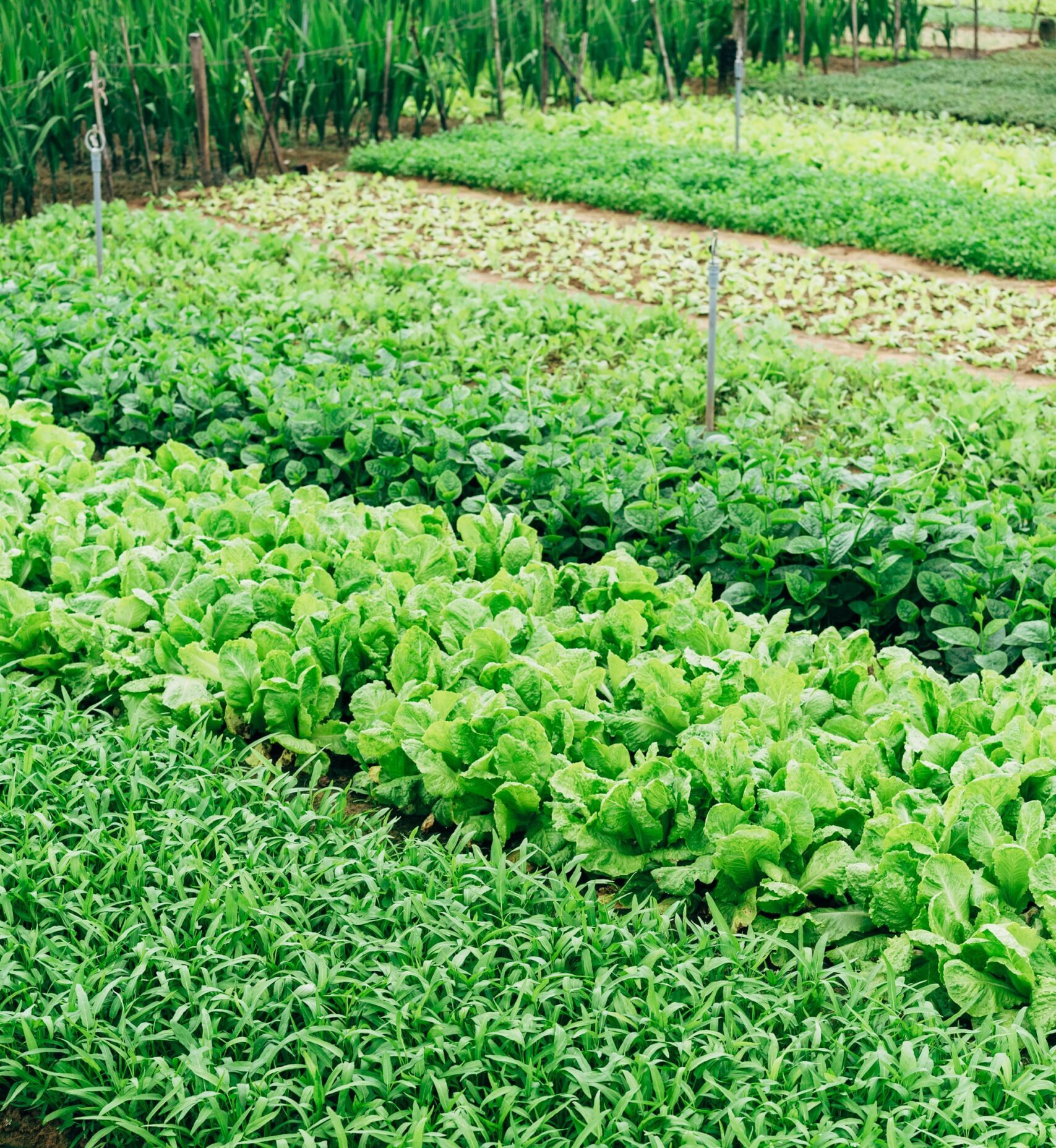Bill Gates’ name is all over the news right now for his involvement in a startup developing a sustainable alternative to palm oil.

Breakthrough Energy, a company established in 2015 by Bill Gates and other private investors, has officially signed on to back the startup that grows palm oil in a lab. The startup, C16 Biosciences, uses bio reactors to create their ground breaking alternative, which is “chemically almost identical to palm oil and can be used the same way.”
Concern over the destructive environmental impact of palm oil has now transitioned into a collective agreement toward an urgent need for change, with a multitude of companies and scientists now desperately seeking an alternative.
Palm oil is extremely versatile, and is used in 50% of all consumer products from makeup to shampoo. It has the perfect fatty acid composition, the right melting point, and a great solid fat content. All three of these things make it the best fit for a wide range of products, and thus, has proven difficult to replace.
Over the past few years there have been many unsuccessful attempts to phase out the use of palm oil, but its low cost of production seems to have trumped its environmental impact. Until now.

Let me just give a quick recap of why palm oil needs to be phased out ASAP.
- Deforestation: Between 2001 and 2018, in Indonesia and Malaysia (where the majority of our palm oil comes from) 25.6 million hectares of tree cover—almost the size of New Zealand—was cut down for palm oil farming.
- Loss of Natural Habitats: an average of 137 species of life forms are driven into extinction EVERY DAY due to deforestation in tropical regions.
But back to the news about Mr. Gates’s company. Breakthrough Energy has an impressive, diverse team and board of investors. Gates’s name sits proudly among other eco-conscious investors like Michael Bloomberg and Jeff Bezos. These leaders have committed to prioritizing environmental sustainability in their own companies. For example, Amazon recently announced a pledge to use 100% renewable energy by 2030.
So it’s no surprise that C16 Biosciences would be picked up by Breakthrough Energy. What’s so special about C16? They use a fermentation process to brew their palm oil from microbes. C16 says their “palm oil is sustainable—in fact, it doesn’t even involve palm trees. It doesn’t cause deforestation, endangering precious animal species, or forcing inhumane labor practices.”

It’s not just this brewed replica of palm oil that is getting attention. Scientists have been researching something called Chloroidium, a type of algae that produces an oil very similar to palm oil. In fact, in 2018 Honda installed an its first algal farm, an experimental facility in one of their production locations in order to carry out research on how this algae oil would perform as a source of biofuel.
Currently, palm oil is a large source of the biofuel that is mixed with all diesel. Who knew, right? Palm oil’s scope is so far reaching, there is no doubt we have all used or consumed something with palm oil in it today. The discovery of the properties of Chloroidium, or microalgae, as reported in this eLife journal article is extremely hopeful for the future of the sustainability of biofuel.
How is Honda doing it? A “generator, placed at ground-level, [draws] CO2 from the roof’s dyno exhaust flue into its combustion chamber. A nearby compressor—also powered by the generator—then captures and stores the generator’s exhaust and injects it into the algal system, also on the ground. Where does the generator get its power? Not diesel fuel but, rather, the waste vegetable oil from HRA’s cafeteria.” Let’s just give a quick round of applause here. Utilizing waste and creating alternative energy fuels? Well done, Honda, well done.

Chloroidium thrives in the desert, where it has evolved to survive by producing an oily coating with a similar composition to palm oil. I touched on the topic of desert farming last week in this article. In the desert, eco-leather company Desserto found a low-water-consumption resource (cactuses) to develop their vegan, sustainable leather. It’s equally as thrilling to learn of microalgae that not only thrives in little to no water environments, but produces an oil that could completely change the game for our palm oil related eco-crisis.
Scientists, companies, designers and businesses in general are getting real about climate change. The research that has taken years of work is now paying off. And with hope we can begin to heal the world. But do your part. Read labels. Do the research. Support those with a green mission. As Captain Planet says, “The Power is Yours!”
__
Photo: Clode, Smith, Prakash, Chuttersnap; Unsplash




